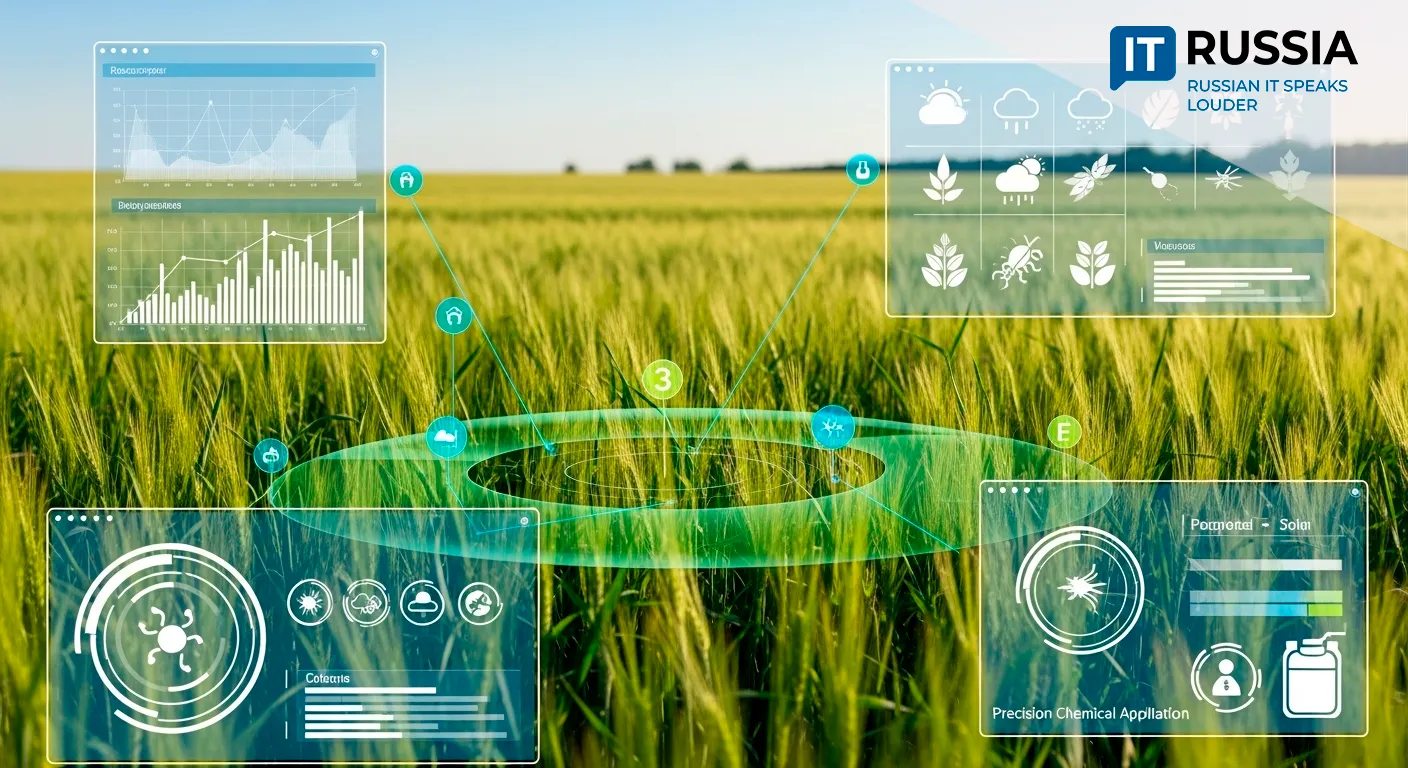Russia Expands 'My Export' Platform to Help Small Businesses Go Global

A key upgrade to Russia’s 'My Export' platform now includes online marketplaces in Vietnam and Indonesia — helping small businesses expand their international reach with fewer bureaucratic hurdles.
Platform Upgrade Aims to Boost International Sales
The 'Marketplace Match' tool on Russia’s 'My Export' platform has been expanded to include digital storefronts in Indonesia and Vietnam. Initially launched in 2021 by the Russian Export Center (REC), the tool helps small and medium-sized businesses identify the best online platforms for global trade.
According to REC, over 3,500 companies registered on the 'My Export' platform in the first half of 2025. The broader ecosystem now includes more than 41,500 businesses. The platform is designed to streamline export procedures and connect entrepreneurs with digital tools that accelerate international sales.

With this expansion, businesses in regions like Vologda now have access to new e-commerce channels, potentially reaching wider audiences in Southeast Asia. The result is a more accessible and targeted path for entering foreign markets.
AI-Driven Marketplace Matching
The tool helps companies find the most suitable e-commerce platforms by evaluating product categories, business readiness, and export strategies. Using up to 30 business indicators, the algorithm selects from a pool of 220 online marketplaces. In many cases, niche platforms deliver better returns than general-purpose sites.
In 2024, the tool added channels for digital game sales and rolled out its first Southeast Asian integrations. These enhancements expanded the service’s reach and increased platform usage by 30% in October alone, compared to the previous month.
Officials from the Vologda Region’s Ministry of Economic Development say the tool is helping local firms find global sales opportunities faster and more effectively than traditional approaches.

Government Support and Global Alignment
The platform upgrade aligns with Russia’s national strategy for international cooperation and export promotion. The goal is to build cross-border partnerships and modern digital infrastructure for global trade and industrial collaboration.
Improved legislation and direct state support — including marketing and training resources — are part of this ongoing effort to help Russian companies enter foreign markets with fewer obstacles.
Similar tools exist in China, India, and Argentina. As Russia continues to enhance its platform, future iterations may include marketplaces in Latin America, the Middle East, and eventually, the European Union.

Automation and Logistics Are Next
Beyond new markets, developers are also improving the platform’s analytics, logistics, and certification automation. These upgrades are expected to make it even easier for businesses to manage cross-border transactions and compliance requirements.
The Ministry of Industry and Trade is already working on scaling successful export use cases from the platform across Russia. As more companies adopt digital trade tools, the platform is positioned to play a central role in advancing digital literacy and global competitiveness among Russian SMEs.










































